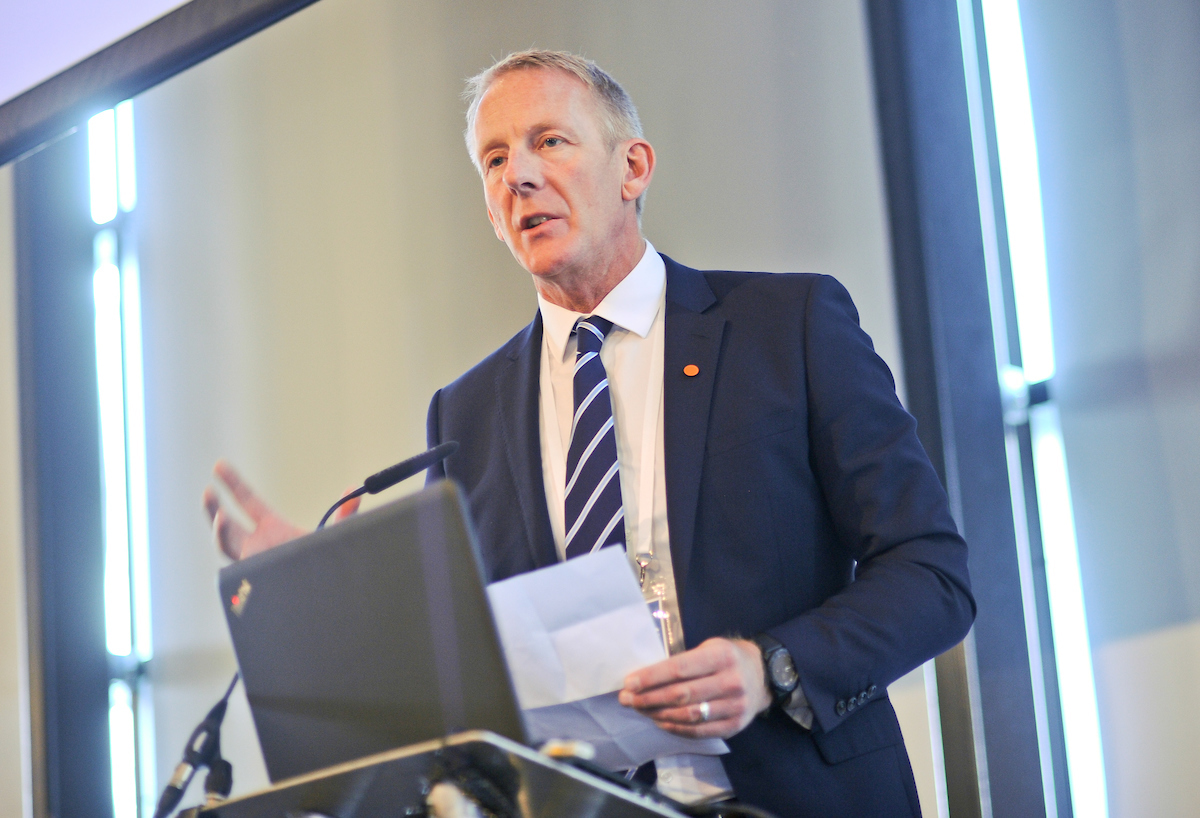“We need to encourage officers to talk about their feelings”
THE way to help police officers with their mental ill health is to encourage them to talk about their feelings, the National Police Chiefs’ Council lead on wellbeing has said.
Andy Rhodes was speaking as it emerged that there had been a dramatic increase in the number of sickness absences in policing in England and Wales through through stress, depression, anxiety and post-traumatic stress disorder in recent years. 9,672 officers had to take time off in the last year, compared with 6,294 six years ago – an increase of 55%.
Mr Rhodes is Chief Constable at Lancashire Police, a force which has bucked the national trend by reducing these numbers; 219 police officers took time off sick in Lancashire in 2016/17 last year, compared with 191 last financial year.
Mr Rhodes said: “Our move has been to keep people in work – by getting them more confident to present when they have emerging mental health issue rather than pretend it isn’t there. Policing is a high trauma occupation.
“Officers have to deal with high emotional labour, like A&E doctors or paramedics. We know that police officers have regular and constant exposure to trauma. We are only secondary to aid workers in difficult places and some aspects of the military.”
But trauma only becomes a problem when it hasn’t been processed properly, said Mr Rhodes.
“The first thing is to raise awareness, so that if you have been exposed to trauma, you can develop ways of processing it, supported by the organisation. So we need to break the stigma about talking how trauma is affecting you.”
The force is then responsible for ensuring officers feel properly debriefed and defused after they have witnessed a traumatic event. And that it helps them get the support they need if they do start to feel the effects.
He used the example of a female police officer with 12 years’ experience who started to feel symptoms of PTSD after Dale Cregan killed PC Fiona Bone and PC Nicola Hughes. She told her sergeant, received cognitive behavioral therapy and came back to work soon after.
He said: “We have to get this as the norm. Just as if you had a bad knee. I call it a ‘check up for the neck up’. The earlier we can support people to get confidence to come forward, the better it will be. We don’t want your cup to fill up and for it to end in crisis.”

